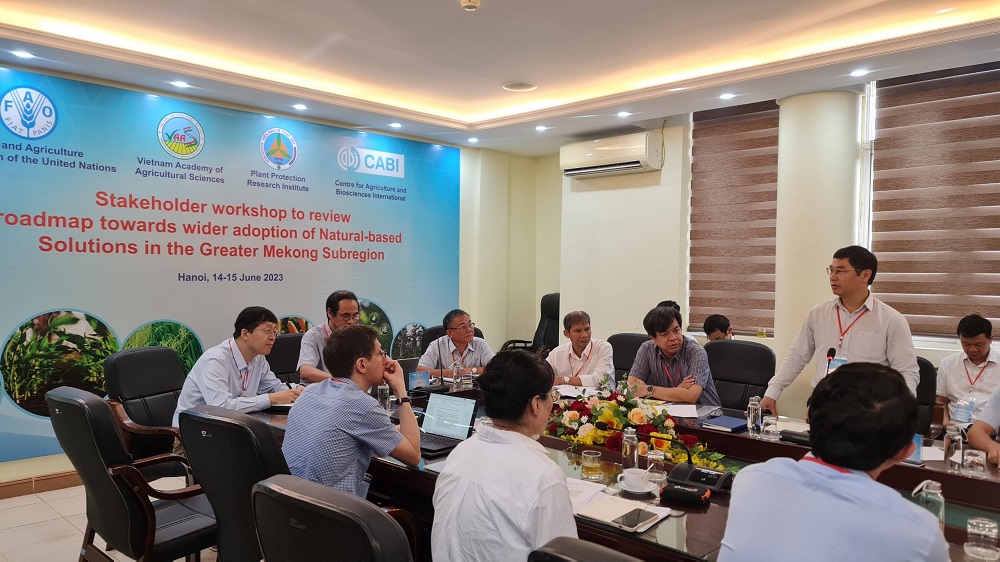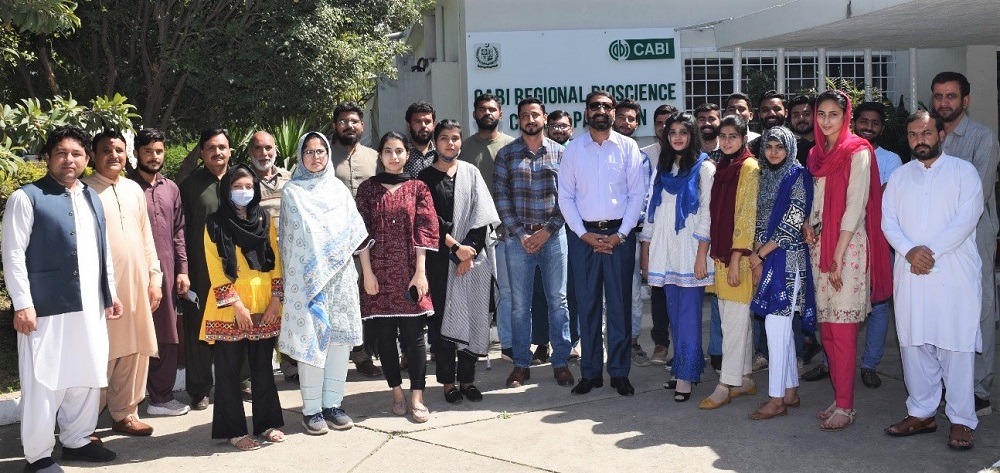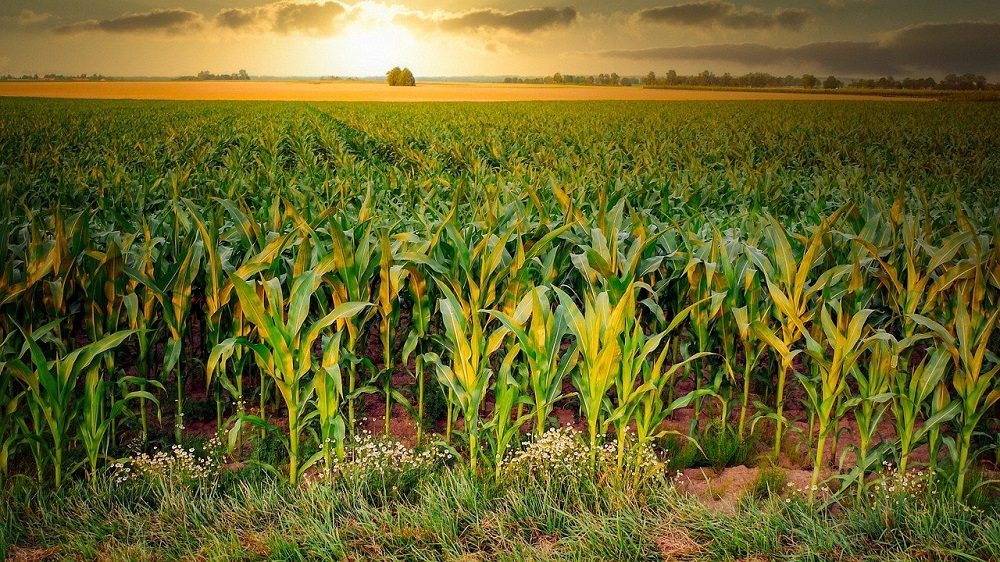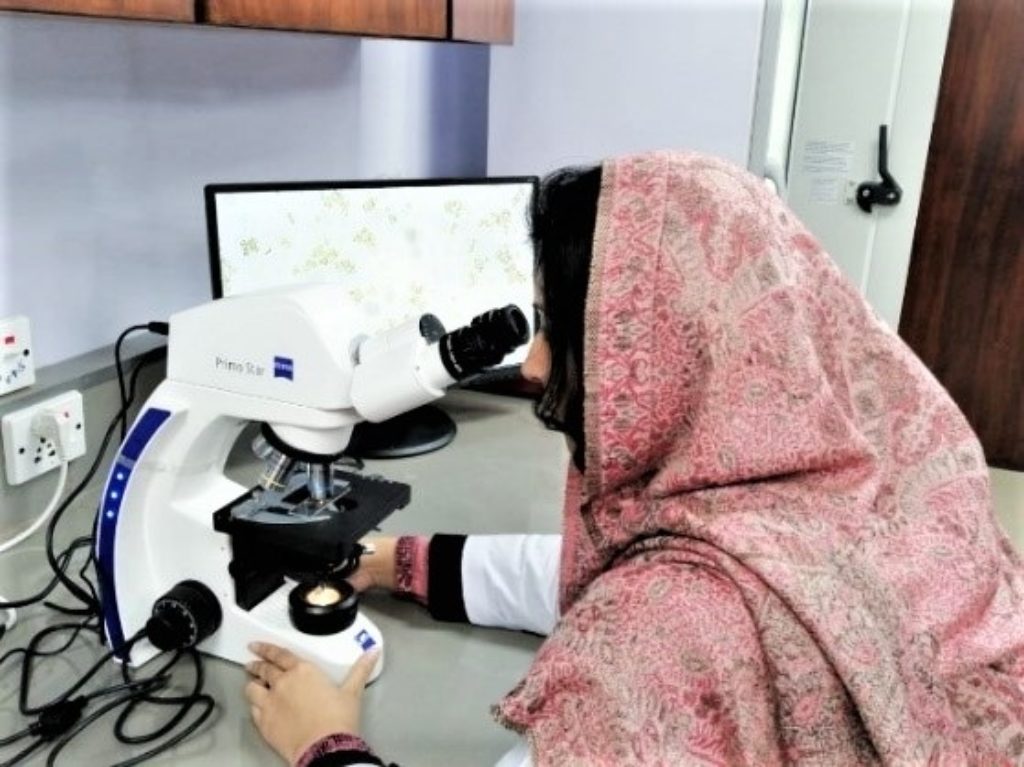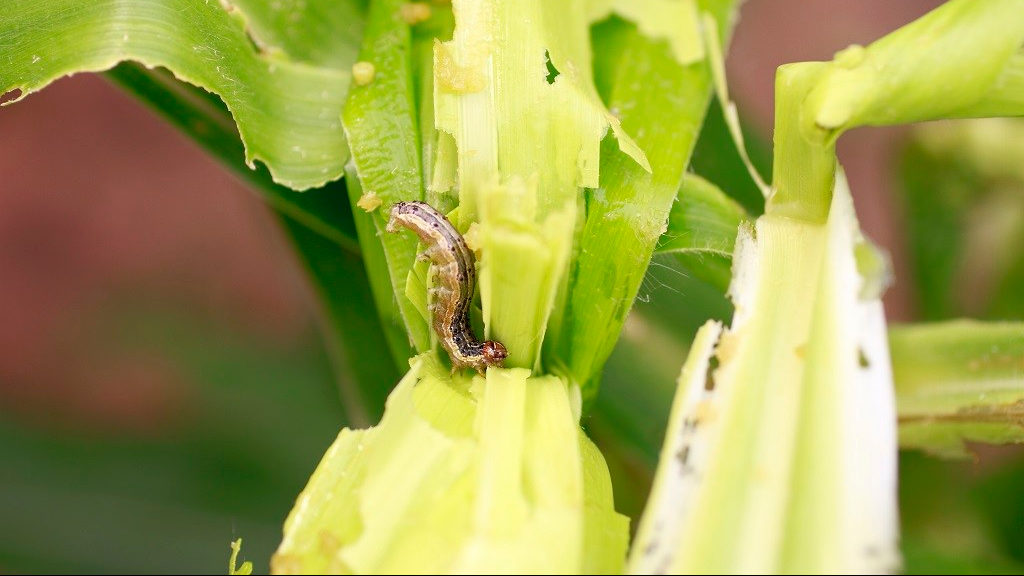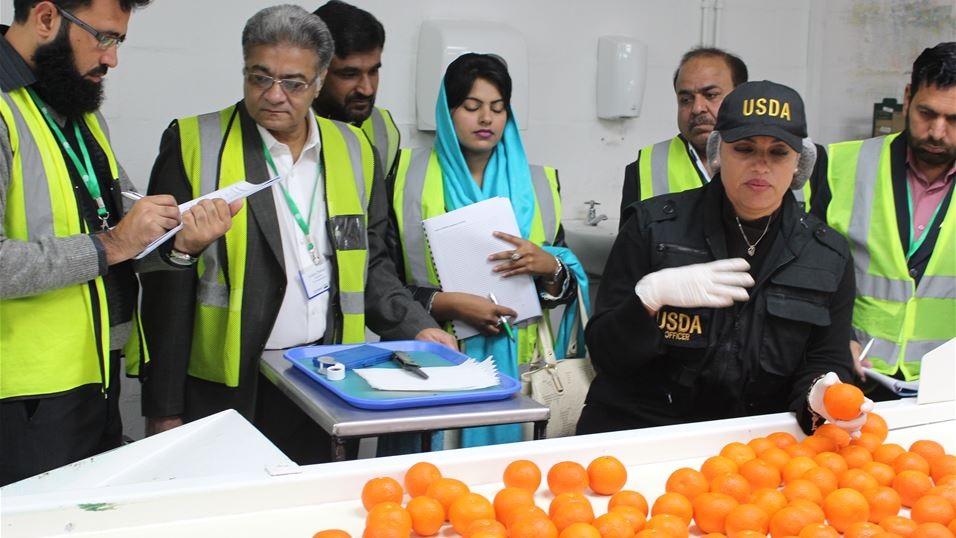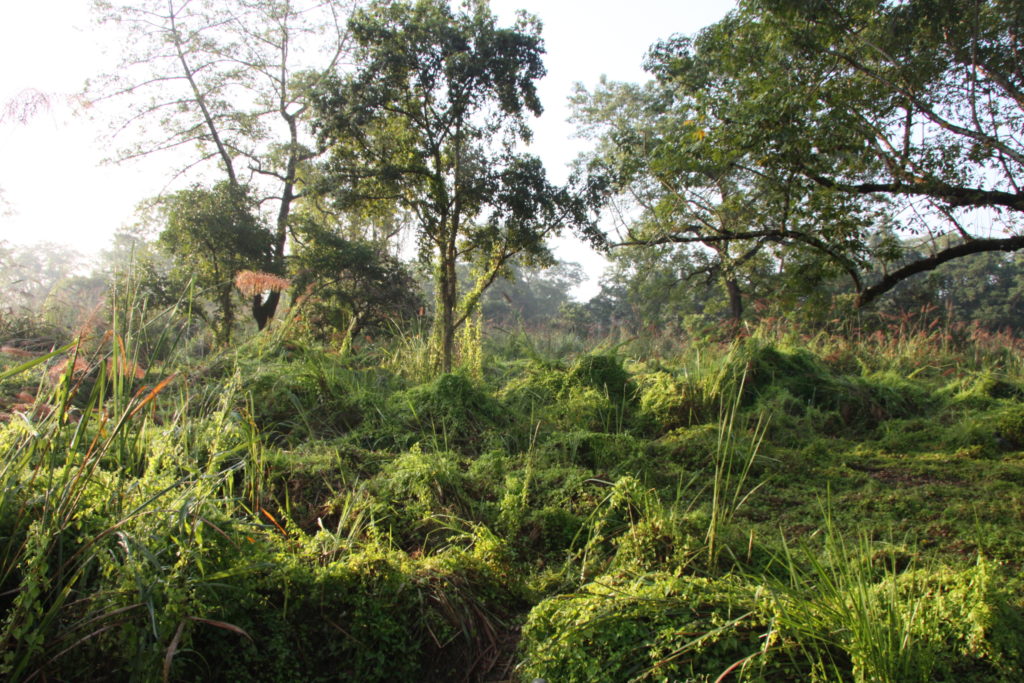CAB Reviews hits 1000 articles with fall armyworm paper
Allan Hruska of the Food and Agriculture Organization has examined published studies to see which management options are most likely to help smallholders tackle the devastating crop pest fall armyworm
Building capacity for greater food security in Pakistan
As part of CABI’s mission to help farmers grow more and lose less, we have been funded by USAID – via the United States Department of Agriculture (USDA) – to help Pakistan improve its sanitary and phytosanitary (SPS) systems and therefore open up its fruit and vegetables to more high-end global markets that were previously untapped. Currently these products only contribute 13% of the country’s export but improvements to its SPS capabilities could see this number rise significantly.



